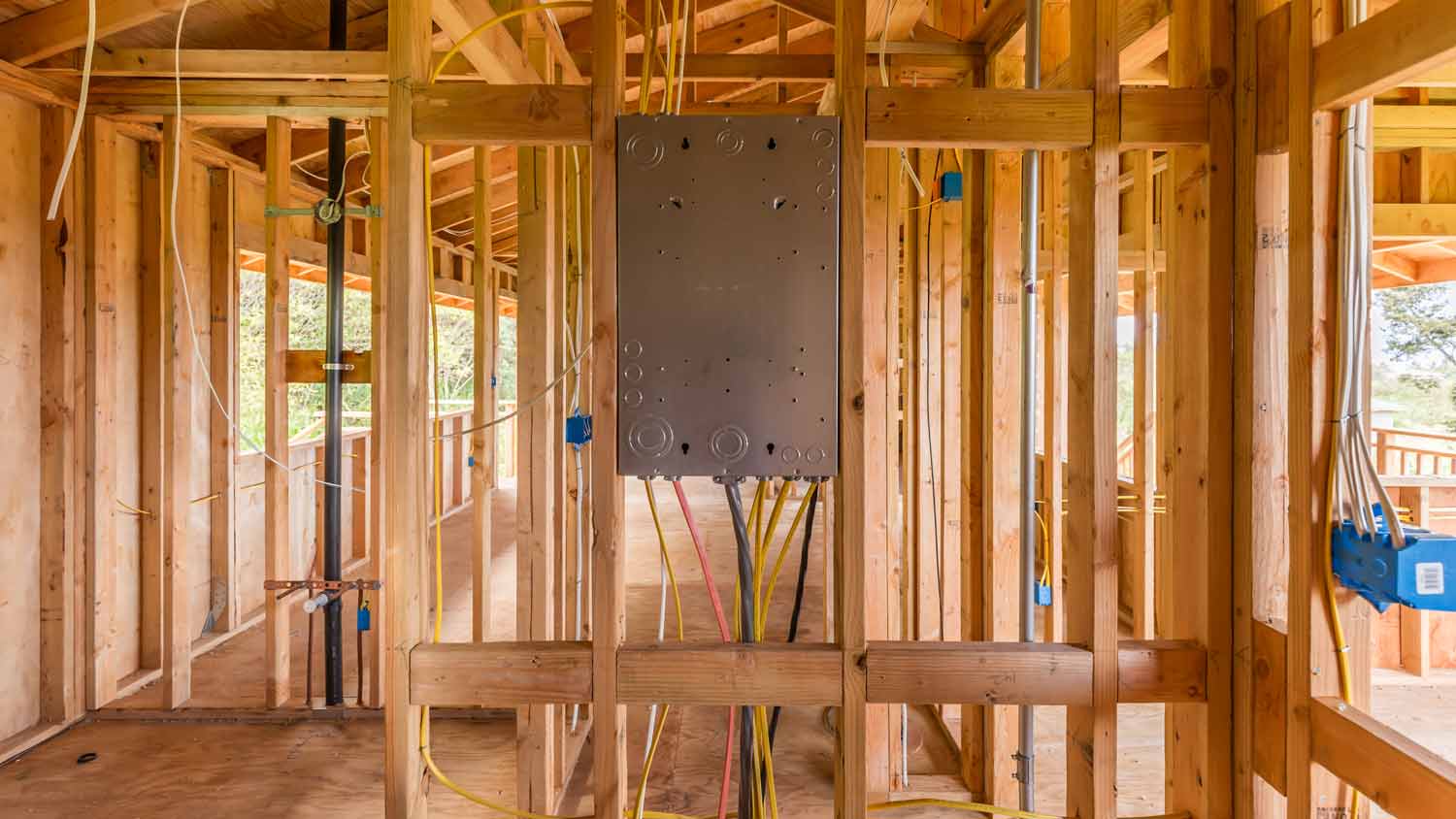How Much Does an Electrical Inspection Cost? [2025 Data]
An electrical inspection costs $150, and people commonly pay between $100 and $400 depending on pro labor costs and the exact type of inspection they get.


Most electricians charge a flat fee for inspections based on type, such as standard, infrared, whole-home, or code compliance.
A standard inspection covers wires, outlets, and breakers for about half the cost of a whole-home inspection, which evaluates all electrical components.
Cost factors for electrical inspections include home size, age, accessibility, and proximity.
Make your inspection run as smoothly as possible by noting or replacing broken lightbulbs or outlets beforehand.
Electrical inspections cost $150, though you could spend as little as $75 or up to $500 depending on the type of inspection you need and the accessibility of your home. Most people only think about electrical inspections when buying a new home, but they’re also important for maintaining the safety of your current house. Whether you’re moving on up or ensuring that your lights stay on, it’s helpful to know about the factors that may affect your electrical safety inspection cost. Once you know more about the electrician’s process, you can plan your budget around the different electrical inspection types and cost factors before booking a pro to assess your home.
Electrical Inspection Cost Factors
Whether you’re looking for a simple check-up or booking a full inspection for a potential new property, there are different factors that can affect the cost of your inspection. Learn more about them to keep your budget on track.
Electrical Inspection Type
Electrical inspections come in a variety of types, from a simple safety check-up to an in-depth assessment of all your home’s electrical components. Once you know more about the types of inspections available, you can find something that matches your budget and the needs of your home.
| Electrical Inspection Type | What Is Covered? | Average Cost Range |
|---|---|---|
| Standard | Wiring, outlets, circuit breakers, panels | $100–$200 |
| Infrared | Detect hot spots through walls and ceilings | $150–$350 |
| Full home electrical inspection | A full inspection of all electrical elements in the home | $250–$400 |
| Code compliance | Checks that new installations or repairs are up to code | Included in cost of installation or repair |
When you’re shopping for a new house, many people choose to have a full home electrical inspection. This is the most comprehensive inspection type, and your electrician will provide you with an inspection report at the end.
However, if you’re just looking for a simple home electrical inspection and you don’t have any particular concerns, a standard safety inspection can typically provide what you need.
Home Factors
Larger homes usually take longer to inspect, while older electrical systems may require specific expertise. When scheduling an inspection with an electrician, disclose factors like your home age, size, and location to help you get a more accurate cost estimate.

Labor Costs
Many electricians charge a flat rate for electrical inspections, but some charge by the hour. If you have a large home, or an older one, compare flat rates and hourly rates for a few electricians since size and age can tack on a few hours to a job.
Electricians will also charge different rates based on their certification level. For example, journeymen electricians typically begin charging at $50 per hour, while more experienced master electricians start around $100 per hour.
| Certification Level | Average Cost |
|---|---|
| Journeyperson | $60 |
| Master | $110 |
Location
Electrical safety inspection costs are typically higher if you live in rural areas. Some electricians may charge a travel fee based on mileage, whereas others offer a flat rate for particular counties or regions.
Inspection Add Ons
In addition to your standard electrical safety inspection, your electrician may offer inspection add-ons, like an infrared inspection. Infrared inspections use thermal imaging to detect hot spots inside your walls that could indicate the beginnings of an electrical failure. The advantage of infrared is that it can give you early warnings of trouble without opening up or damaging your walls and ceilings. Infrared inspections typically cost an additional $150 to $350.
Cost of Common Electrical Repairs
Quite often, an electrical inspection will reveal a few small problems that need to be fixed. The good news is that this will usually save you money down the line, but it can mean some additional upfront inspection costs due to maintenance, repairs, or permits for new electrical additions. This could include:
| Common Repairs | Average Cost To Repair |
|---|---|
| Outlet cover replacement | $10–$30 |
| Smoke or carbon monoxide detector installation | $90–$150 |
| Light switch replacement | $50–$250 |
| Grounding an outlet | $100–$300 |
| Basic electrical wiring | $6–$8 per foot |
| Electric panel replacement | $850–$2,500 |
| Electrical permit | $50–$350 |
How to Save on Electrical Inspection Costs
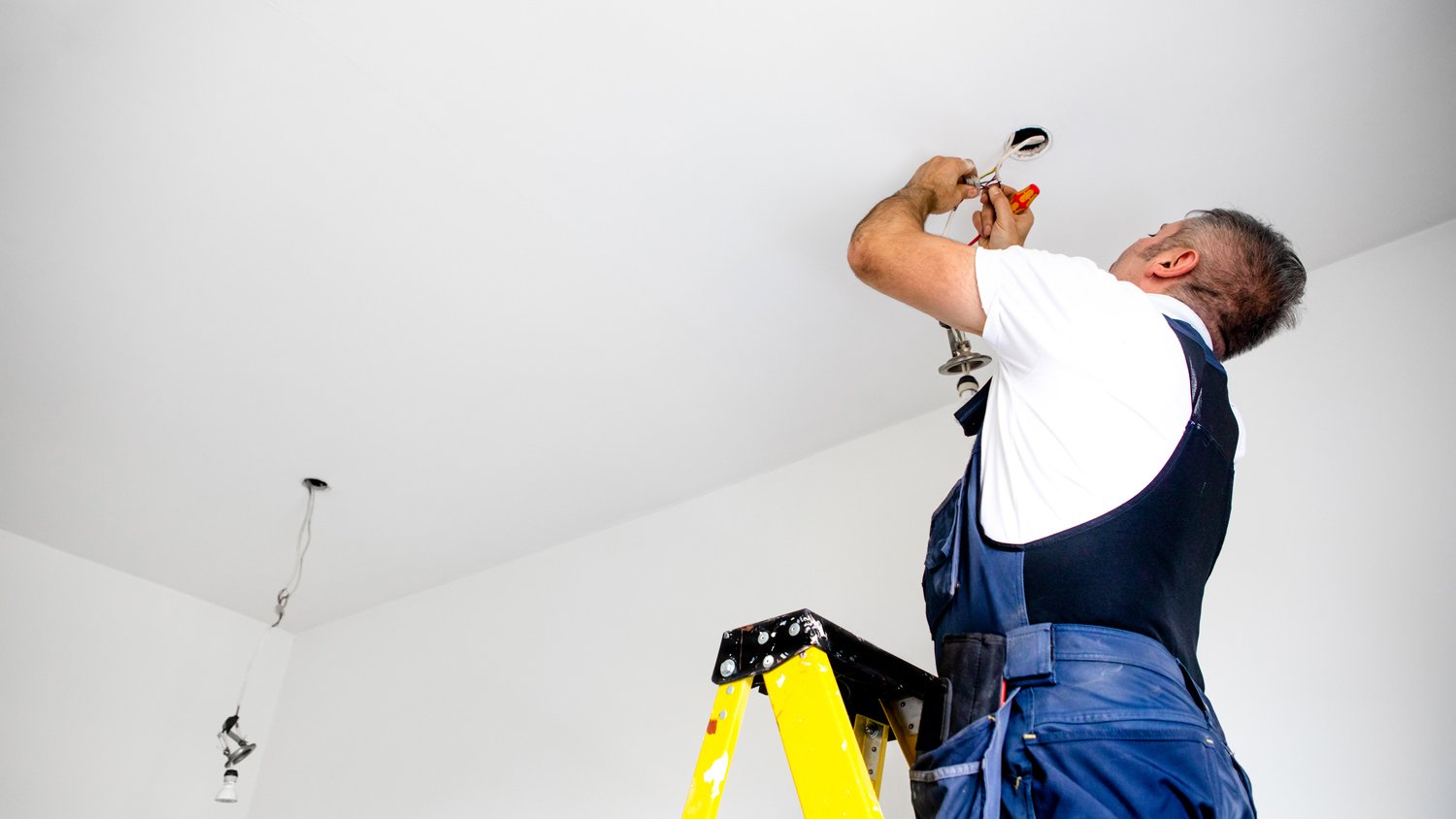
There are a few steps you can take around your home and during your research to make your electrical inspection quick, easy, and more cost effective—win, win, win.
Make the space easy to work in. Remove furniture and clear items away from the work area before your pro arrives.
Make sure you know where your breaker box is. Also, take note of the exact location of all the problem areas you want the pro to work on. This will cut down on labor time.
Check (and replace, if needed) lightbulbs around your house. This is a simple job that can save you and your pro time.
Get several quotes from electrical inspectors near you. Compare quotes to see who offers the best deals for their experience and available services.
Electrical Inspection DIY vs. Hiring a Pro
If you have that one switch that always flickers, you may be wondering if it’s time to take a closer look. Home electrical inspections are a good place to start.
Before you hire a professional inspector, give your home a once-over so you can direct them to any problem areas you want addressed. It can be helpful to use an electrical inspection checklist to learn more about what your electrician will look for when inspecting your property.
Electrical inspectors have the tools to catch problems you might miss like faulty wiring and hot spots that are often buried in your walls. Having someone inspect your home with the right tools and knowledge is an important way to catch small issues before they become a problem.
Inspecting your home yourself is always a good way to stay on top of your home’s condition, but there are also times when a formal inspection is required. If you’re planning on selling your home, you’re required by law to hire a licensed professional—even better if it’s someone you’ve worked with before and know you can count on.
Signs You Need an Electrical Inspection
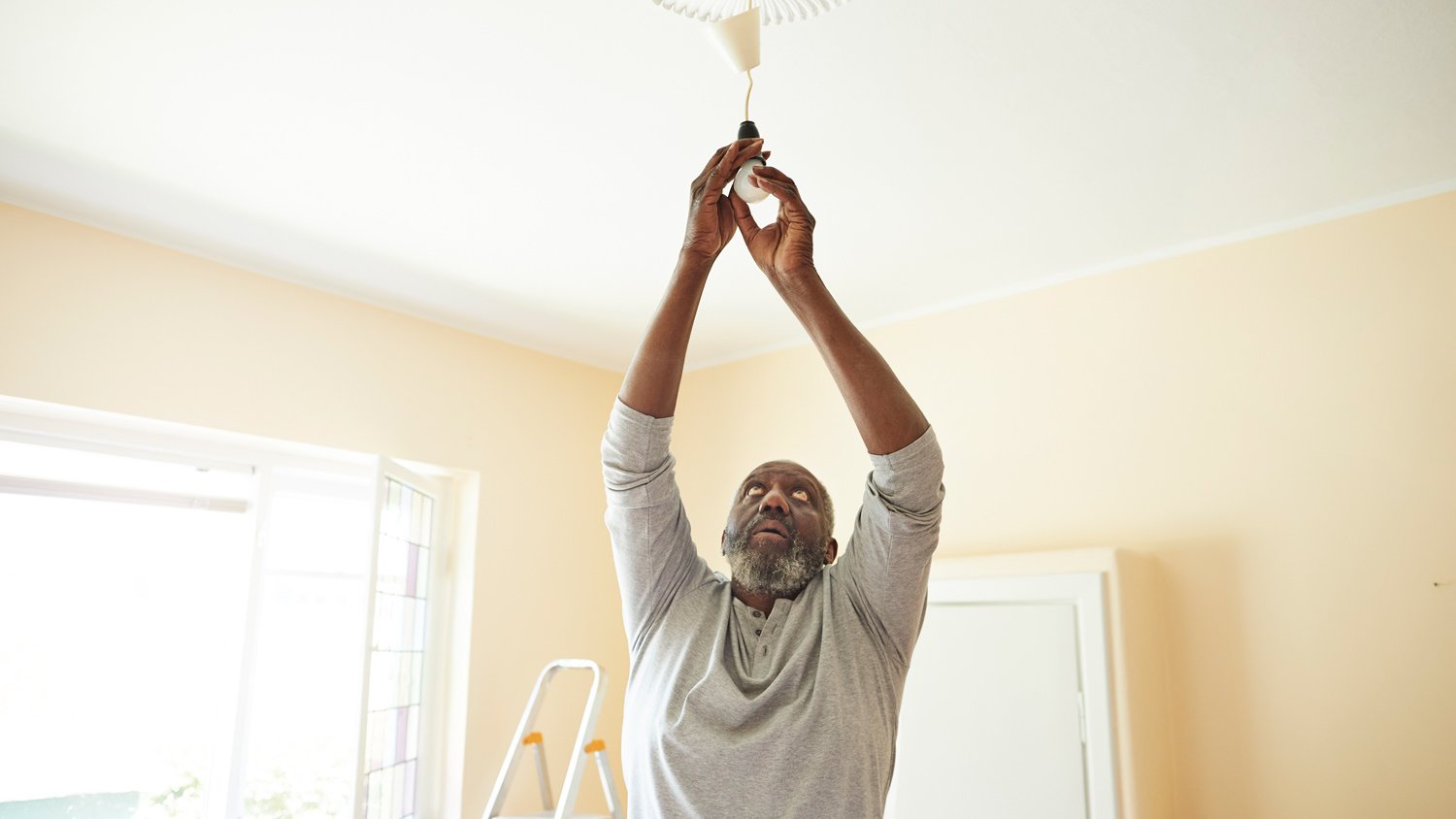
If all the lights are on and you don’t have any concerns, it’s still a good idea to have a basic safety inspection every three to five years, or every two to three years for older homes. However, here are a few signs that might make it a good idea to schedule an inspection a bit sooner:
Hot spots: Sections of a wall or ceiling that feel warm or hot
Discoloration: Yellow and brown spots on the walls (caused by advanced hot spots)
Burning smells: Caused by frayed wires and other electrical failures
Rising energy bills: If you haven’t changed your energy routine but your bills are more expensive, your wiring may be inefficient
If you find burning smells in your home, it’s important to take action right away. Burning smells often lead to electrical fires. If you smell burning, especially if you’ve just turned on a light or appliance, turn it off and call an electrician immediately.
How Angi Gets Its Cost Data
Home is the most important place on earth, which is why Angi has helped more than 150 million homeowners transform their houses into homes they adore. To help homeowners with their next project, Angi provides readers with the most accurate cost data and upholds strict editorial standards. We extensively research project costs to develop the pricing data you see, so you can make the best decisions for you and your home. We rely on reputable sources, including the U.S. Bureau of Labor Statistics, academic journals, market studies, and interviews with industry experts—all to ensure our prices reflect real-world projects.
Want to help us improve our cost data? Send us a recent project quote to costquotes@angi.com. Quotes and personal information will not be shared publicly.
Frequently Asked Questions
A home electrical inspection usually takes one to two hours. Full home inspections fall on the longer side, while code compliance inspections that focus on a single repair or installation may only take a few minutes. Optional add-ons like infrared inspections can add time, but these aren’t usually included in your standard inspection.
While it’s not mandatory unless you’re purchasing a home, it is important to schedule regular home electrical inspections for safety and to maintain your house’s value. Inspections can reduce fire risk and can help save money on insurance premiums. They can also catch problems before they start, saving money on repairs down the line.
Full home electrical inspections are mandatory if you’re buying a new home, but if you’re just looking for a safety checkup, you have some flexibility. If you don’t have any concerns and your property is relatively new, a basic inspection is usually sufficient. If it’s been a long time since your home was last inspected, or it’s an older home, a full home inspection can help catch any concerns that may fly under the radar.

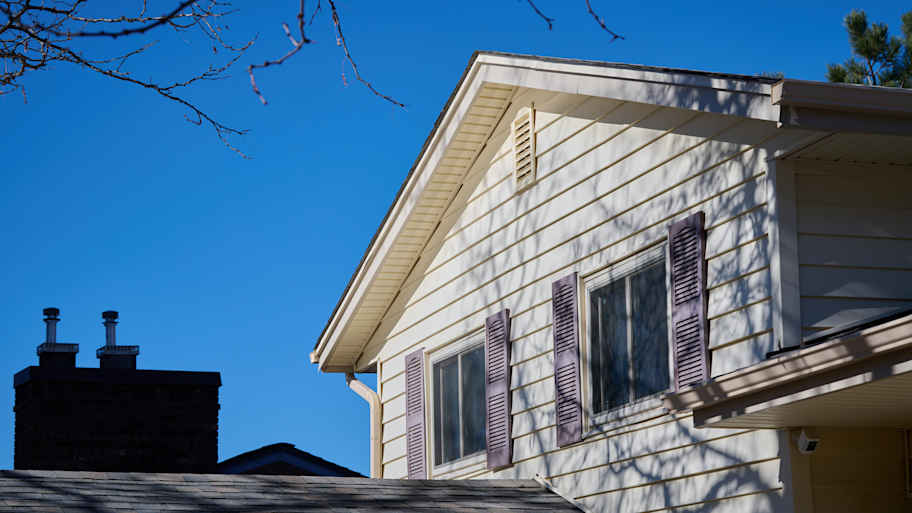
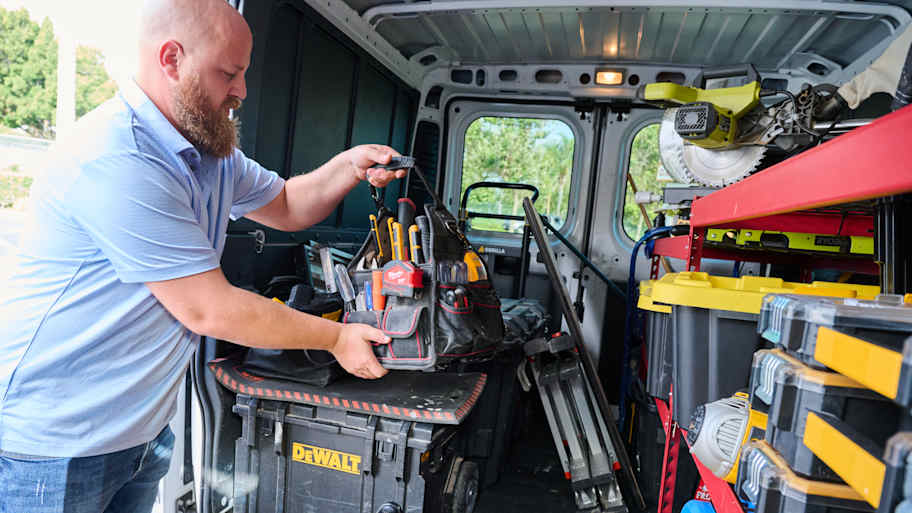
.jpg?impolicy=leadImage)
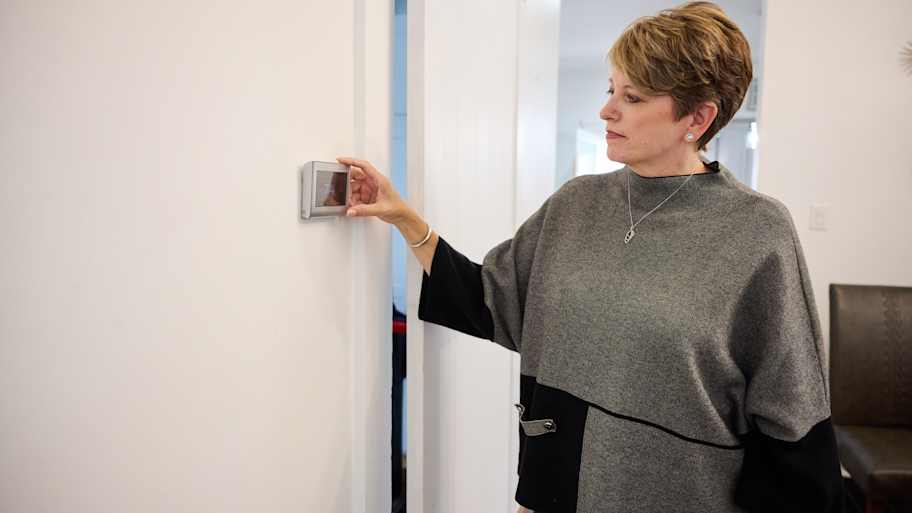
- Home Generator Repair
- Lamp Repair
- Electric Repair
- Generator Installation
- TV Antenna Services
- Emergency Electricians
- Commercial Electricians
- Attic Fan Installation
- Attic Fan Repair
- Exhaust Fan Installation
- Electric Inspectors
- Subcontractors
- Electrical Construction
- EV Charger Installer
- Chandelier Installation
- Doorbell Installation
- Bathroom Fan Installation
- Ring Installers
- Electrical Panel Upgrade



